
Introduction to Potassium and Its Levels
Potassium is a mineral which needs to be taken on a daily bases. There are recommended doses that should be taken. In cases of having an excess of potassium or even an insufficiency inyour system, certain functions in the body may be seriously affected. This mineral is essential for proper functioning of the heart, kidneys and nervous system.
Potassium is available in many foods, particularly fruits, vegetables and nuts. The excess of potassium is normally excreted via urine. But in people who are suffering from kidney disorders as well as in those who have diabetes the body may not be capable of eliminating excess of this mineral and the effects can be devastating. This is why some patients must pay attention to their intake of potassium and are actually recommended a diet low in potassium.
Optimal level of potassium in the blood is 3.5 mEq/L. If this number exceeds 6 mEq/L the condition is known as hyperpotassemia or hyperkaliemia. This is a serious condition which typically features with muscle weakness, tickling in the arms and feet and in some cases paralysis. In case hyperpotassemia is not diagnosed and treated on time it may lead to life threatening or even fatal conditions such as heart attack.
Low Potassium Diet
The recommended intake of potassium is 4 grams (4,000 milligrams) per day. In people whose intake of potassium is restricted the total amount of the mineral should not exceed 2-3 grams per day. This can be achieved with consumption of food low in potassium. Once the person is diagnosed with hyperpotassemia a doctor or dietitian chooses the most appropriate dietary plan which iclude foods with low content of potassium. Since potassium can be found in almost all foods it may be difficult to create a dietary plan but the best option is to simply eliminate or at least reduce eating foods which are rich in potassium.
Fruits, vegetables, meat and nuts are supposed to be consumed moderately. Furthermore, certain spices and condiments are strictly forbidden due to high content of potassium. Salt substitutes should also be eliminated since they contain a lot of potassium. If one eats pre-packaged foods he should check the label and see how much potassium the particular food contains. And finally, foods with artificial sweeteners are forbidden.
The food which contains plenty of potassium include chocolate, molasses and beverages, fruit such as nectarines, bananas, honeydew and vegetables such as sweet potatoes, baked potatoes or died beans. All of the previously mentioned is completely eliminated from one's diet.
On the other hand, foods such as grains, certain fruits (pear, apple, grapes, peach, strawberries) and certain vegetables (eggplant, spinach, asparagus, green peppers, zucchini etc.) contain small amount of potassium and may be consumed moderately. And finally, coffee, turkey, eggs and chicken are also allowed but in small amounts.
Together with restriction diet one is supposed to regularly measure level of potassium in blood and this way prevent potential complications.


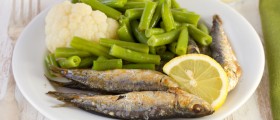
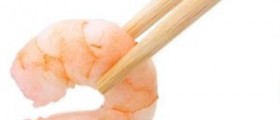
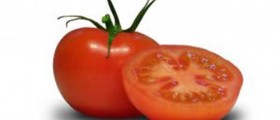
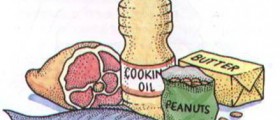
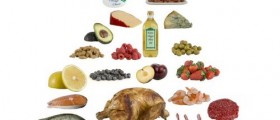
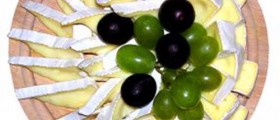
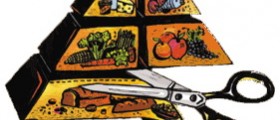



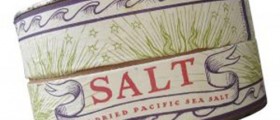
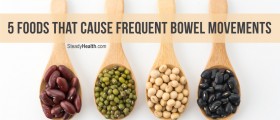
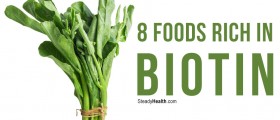


Your thoughts on this
Loading...